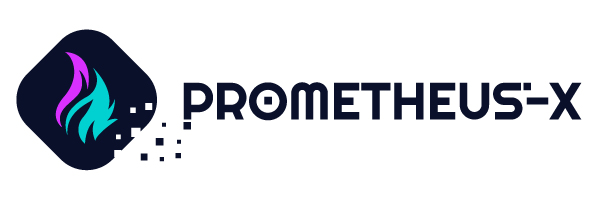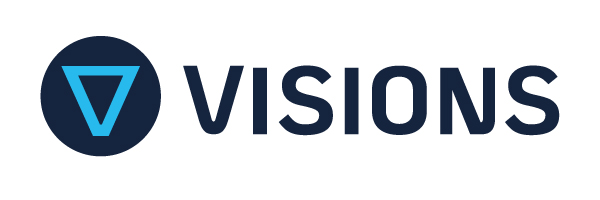Human-Centric
Skills data sharing workshop

Place TBC, NYC

17th of May 2022
10 AM – 1 PM
Context
Human-centric data management is one of the key challenges of the century. People need to be in control of their data. This is essential for privacy, for democracy and for innovation. By empowering people with their data, they can allow its reuse by innovative applications that will deliver better services. In order to achieve that we need an open and common infrastructure to make it happen.
In order to cater education, learning and career development to each person’s needs, data about the person is required. This data can concern their learning traces, skills, hobbies, personality, professional experiences, etc and is scattered across multiple systems and stakeholders. In order to gather such data, making sure the person is in control is essential.
In a world where people will be changing jobs 12 times in their life and where, in Europe, 60% of 1st year students are unsatisfied with the topic they choose to study and in the US only 25% of employees are satisfied with their job, being able to personalize learning and job recommendations to each person in a very precise and ethical way is the future.
Around the world different initiatives have emerged to build a human-centric data sharing infrastructure and innovative skills related services on top of it.
This workshop brings them together so that they can share best practices, discuss interoperability and enable new international collaborations with the US ecosystem on the topic.
Conveners include experts, thought leaders, technologists and entrepreneurs from 3 continents working on this topic and that have worked on infrastructures used by millions over the world.
The results of the workshop will be used to build concrete projects with the players present on top of the infrastructures presented as well as serve as a basis for the works of an international cohort of students, led by Stanford and Caltech, to work on those topics.
Program
10 to 11 : Presentation of the infrastructure projects and their use cases
Matthias De Bièvre : Building a skills data sharing infrastructure for lifelong learning
Siddarath Shetty : Building a human-centric data sharing infrastructure for India used by hundreds of millions
Elise St. John / Søren Juul Jørgensen : Building an ethical framework for AI in the banking and education sector
11 to 12.30 : Workshop in 2 tracks
Track one : Infrastructure
– Participants will study the existing solutions and standards used in the infrastructures presented, compare approaches and discuss interoperability (identity, skills ontologies, data models, consents, etc) as well as ameliorations
– The goal is to have clear perspectives on the evolutions of the infrastructures and ways of collaboration
Track two : Skills data use cases
– Participants (universities, employers, edtechs, platforms, gov agencies) will brainstorm on how skills data can be mutualized between them and shared to empower people with their learning path and how they can interact with that data to provide better services (see below for inspiration)
– The goal is to determine between the participants and their organizations skills data use cases that can serve as the basis for future collaboration and will serve as a basis for the GAEAI Cohort, piloted from Stanford and CalTech, with a 100+ students from around the globe dedicated to the future of work
12.30 to 13 : Restitution and open discussion
The tracks restitute their results and discuss next steps
Skills data use cases
A human-centric approach to skills data would allow people to gather data from their school, university, edtechs, jobboards, employers and build a full profile about themselves (including hard and soft skills, personality traits, professional experiences, trainings, hobbies, career plans, etc). This profile will help them discover more about themselves, will evolve with them and they can share it with relevant applications and organizations that will propose them the right services, training and job opportunities.
This video showcases it and here are some examples of use cases on the topic.
Who’s attending?
Technologists, legal experts, developers, entrepreneurs are all welcome and will be able to discover and work on exciting international open source projects and meet their communities.
People involved in education, learning and the future of work will find it interesting to imagine new services that can be useful and then engage in projects to make them happen.
Confirmed participants are coming from :
Columbia University
World Bank
MIT
United Nations
Edtech companies
International Standardization organizations






